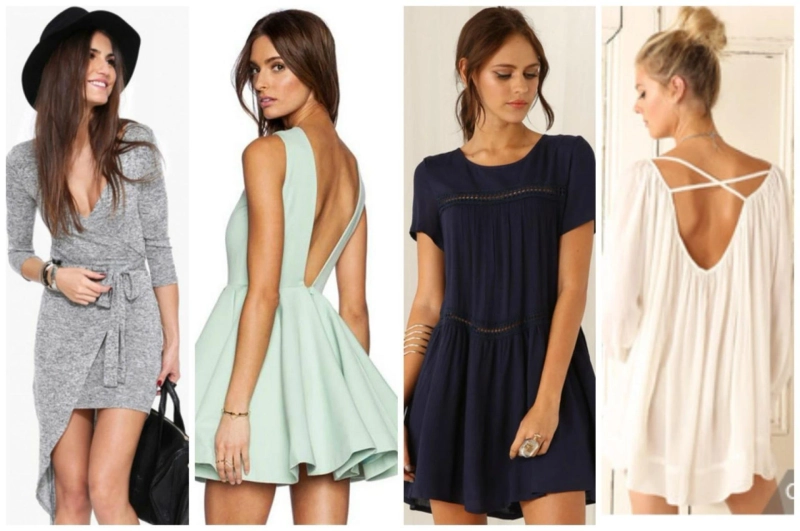For retailers aiming to grow their fashion business, Wholesale Quality Dresses are a smart investment that combines style with profitability. Choosing the right supplier, however, goes beyond just picking appealing designs—it requires careful attention to quality, consistency, and reliability. In this blog, we’ll break down the essential factors every retailer should evaluate before making bulk purchases.
Understanding Fabric and Stitching Standards in Wholesale Quality Dresses
Fabric and stitching are the foundation of any garment, and for retailers sourcing in bulk, they play a major role in customer satisfaction and repeat sales. High-grade fabrics not only ensure comfort and durability but also reflect the value customers expect from their purchases. Equally important is the stitching, as uneven seams, weak threads, or loose finishes can quickly tarnish a store’s reputation. Retailers should always assess sample pieces to check for strong seams, neat hems, and fabric that maintains its shape after washing. By prioritizing these details, businesses can reduce return rates, build buyer trust, and maintain a consistent standard across their inventory.
How Sizing Consistency Impacts Retail Success
Inconsistent sizing can quickly erode customer trust and lead to higher return rates, which directly affects a retailer’s profitability. Shoppers expect the same size label to fit similarly across different styles, and any mismatch can create frustration that discourages repeat business. For retailers buying in bulk, ensuring that suppliers follow standardized measurements is essential to maintaining customer satisfaction. Clear size charts, sample testing, and feedback from past buyers can all help verify that garments meet expectations. By prioritizing reliable sizing, retailers can reduce operational headaches, minimize refunds, and foster stronger customer loyalty.
Supplier Transparency: Certifications and Quality Guarantees
Supplier transparency plays a crucial role in ensuring retailers receive products that meet both customer expectations and industry standards. Certifications such as ISO, OEKO-TEX, or Fair Trade provide assurance that fabrics are safe, ethically sourced, and produced under regulated conditions. Beyond certifications, quality guarantees from suppliers demonstrate accountability by offering replacements or refunds if items do not match agreed specifications. This level of openness builds trust, reduces risks of unsellable inventory, and helps retailers maintain long-term relationships with dependable partners.
MOQ (Minimum Order Quantity) and Its Effect on Stock Planning
MOQ, or Minimum Order Quantity, plays a crucial role in how retailers manage inventory and cash flow. A supplier’s MOQ directly impacts how much stock a store must commit to upfront, which can influence both risk levels and profit margins. Lower MOQs allow smaller businesses to test new styles without overextending budgets, while higher MOQs may offer better pricing but demand more storage space and stronger sales forecasts. Retailers should carefully balance these factors to ensure they meet customer demand without tying up excessive capital in unsold inventory.
Style Versatility: Matching Wholesale Quality Dresses with Market Demand
Style versatility plays a crucial role in helping retailers meet shifting customer preferences and seasonal buying trends. Offering a range of cuts, patterns, and colors ensures that stores can appeal to diverse audiences, from casual shoppers seeking everyday comfort to buyers looking for chic occasion wear. By aligning stock with current fashion movements and regional tastes, businesses can increase sell-through rates and reduce unsold inventory. Retailers who prioritize adaptable collections not only strengthen customer loyalty but also create more opportunities for repeat sales and long-term profitability.
The Role of Pricing Tiers in Wholesale Quality Dresses
Pricing tiers play a crucial role in helping retailers balance affordability with profit margins, especially when sourcing Wholesale Womens Activewear. Suppliers typically offer structured pricing based on order quantities, enabling businesses to access lower rates as their purchases grow. This system benefits larger retailers buying in bulk while also giving smaller boutiques the chance to introduce new collections at manageable costs before expanding orders. By understanding these pricing tiers, retailers can plan inventory effectively, maintain healthy cash flow, and provide customers with trendy, high-quality activewear at competitive prices.
Logistics and Delivery Timeframes: Why Speed Matters for Retailers
Efficient logistics and timely delivery are critical for retailers managing inventory and meeting customer expectations. Delays in shipment can lead to stock shortages, missed sales opportunities, and dissatisfied clients, particularly during peak seasons or promotional campaigns. Partnering with suppliers who offer reliable shipping schedules and transparent tracking ensures that new collections reach shelves promptly, allowing retailers to plan marketing strategies and restocking accurately. Additionally, streamlined logistics reduce storage costs and minimize the risk of inventory obsolescence, creating a smoother workflow that supports consistent business growth.
Return and Exchange Policies for Wholesale Quality Dresses
Retailers need to pay close attention to the return and exchange policies offered by their suppliers, as these can directly impact inventory management and customer satisfaction. Flexible and clear policies reduce the risk associated with defective items, incorrect sizes, or seasonal style mismatches, allowing businesses to confidently stock a variety of products. Transparent guidelines on timelines, restocking fees, and claim procedures ensure smoother transactions and foster trust with suppliers, ultimately protecting profit margins and maintaining a consistent shopping experience for end customers.
Sustainability and Ethical Sourcing: Growing Priorities in Fashion Wholesale
Sustainability and ethical sourcing are becoming increasingly important for fashion retailers as consumer awareness rises. Choosing suppliers who prioritize eco-friendly materials, fair labor practices, and transparent production processes can enhance brand reputation and build customer trust. Retailers benefit not only from aligning with ethical standards but also from the growing demand for responsibly made clothing, which often leads to higher customer loyalty and long-term business stability.
Building Long-Term Partnerships with Trusted Dress Suppliers
Establishing strong relationships with reliable suppliers ensures consistent product quality, timely deliveries, and transparent communication. Retailers who invest in these partnerships can better respond to market trends, maintain customer satisfaction, and create a foundation for steady business growth over time.



